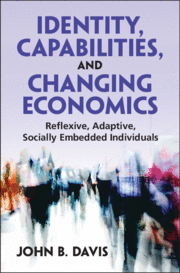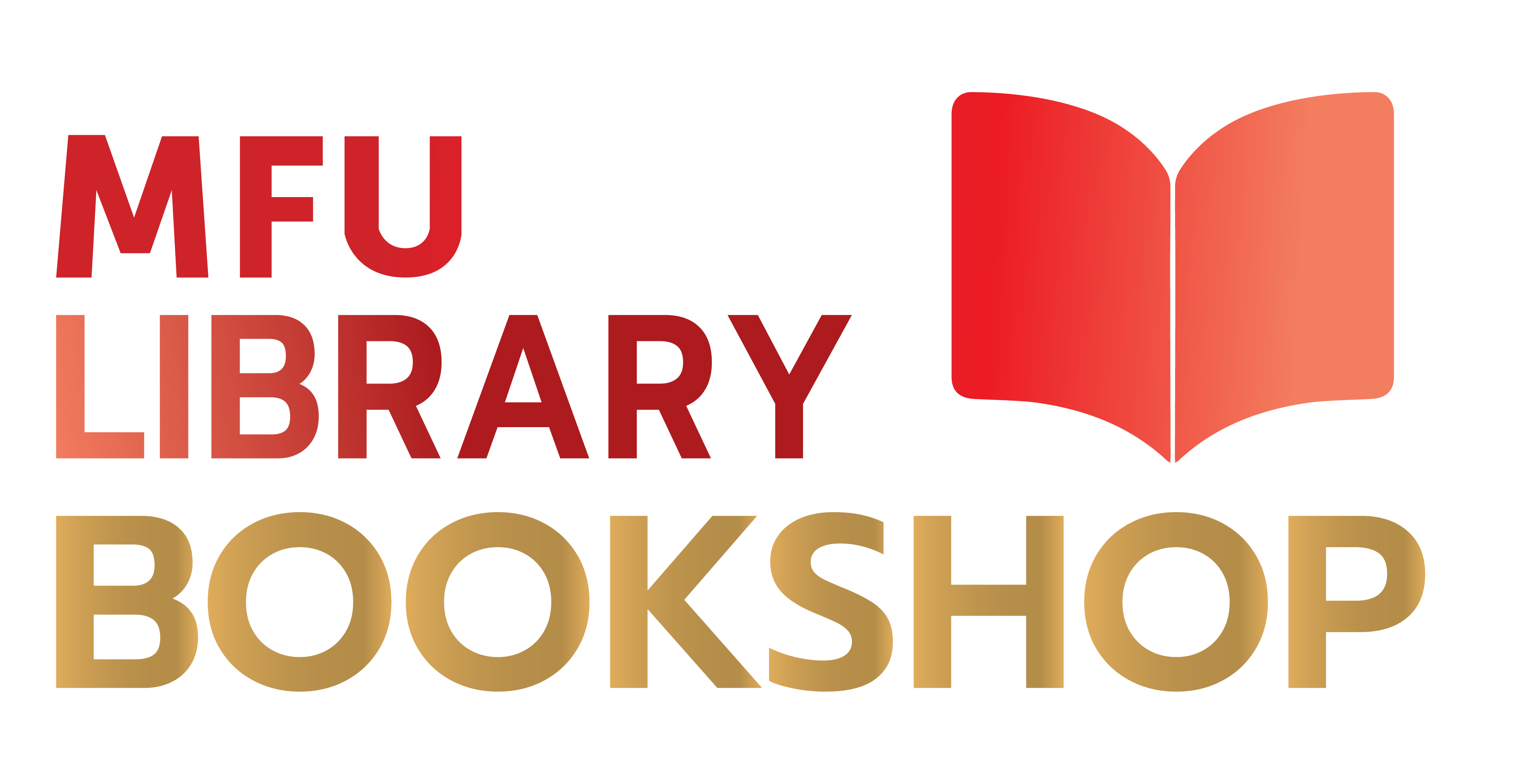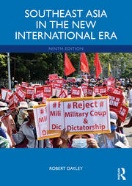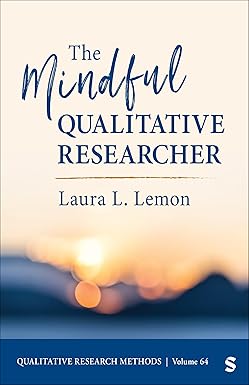
E-Book
Identity, Capabilities, and Changing Economics
ISBN : 9781009438247
Author : Davis
Publisher : Cambridge University Press
Year : 2024
Language : English
Type : E-book
Description : Book description Mainstream economics assumes economic agents act and make decisions to maximize their utility. This model of economic behavior, based on rational choice theory, has come under increasing attack in economics because it does not accurately reflect the way people behave and reason. The shift towards a more realistic account of economic agents has been mostly associated with the rise of behavioral economics, which views individuals through the lens of bounded rationality. Identity, Capabilities, and Changing Economics goes further and uses identity analysis to build on this critique of the utility conception of individuals, arguing it should be replaced by a conception of economic agents in an uncertain world as socially embedded and identified with their capabilities. Written by one of the world's leading philosophers of economics, the book develops a new approach to economics' theory of the individual, explaining individuals as adaptive and reflexive rather than utility maximizing. Reviews 'This book significantly narrows the gap in Amartya Sen’s capability approach between what agency is and what agency does. Or the gap between who people are and what people choose. It is therefore not only an important elaboration of agency for the capability approach, but, at the same time, the book invites social economists to engage with the notion of capabilities. It is therefore one of those rare books that genuinely try to engage with different economic approaches with the purpose of refining both.' Irene van Staveren - Professor of Pluralist Development Economics at Erasmus University Rotterdam








